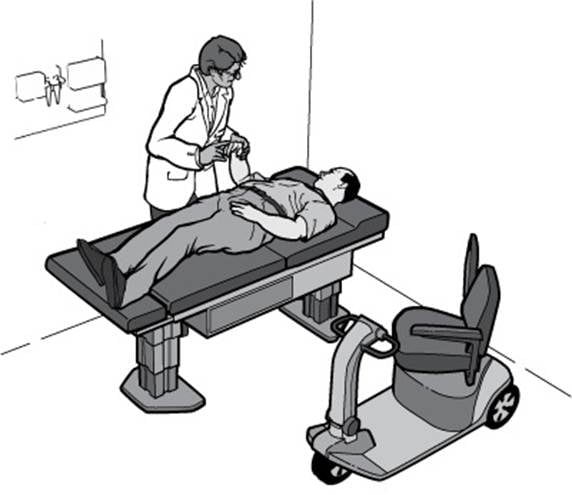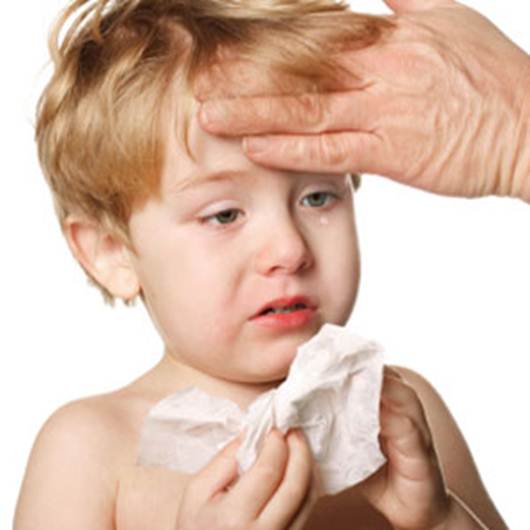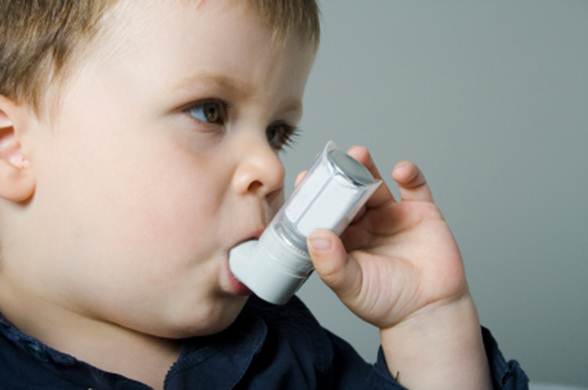Your doctor must examine your child
properly, do all the possible checks for associated symptoms, and get a full
understanding of their health before making a diagnosis and prescribing
antibiotics. Professor Harry Seftel sheds light on what parents should know
about antibiotics.
Used properly, antibiotics are an important
ally to the human body, as they’ve revolutionized the treatment and cure of
many infectious diseases. On the downside, they’ve also become a bit of a curse
– perhaps, because they were so successful in the first place, that they went
from being used rationally to irrationally, and with serious consequences.

Antibiotics:
Friend Or Foe?
‘Germ aren’t just devils, but devilishly
clever!’ says Professor Seftel as he explains how many of these microbial
agents have become resistant to antibiotics as a result of being prescribed
excessively. ‘It’s a major problem in public sector healthcare and probably an
even bigger one in the private sector.’
Virus vs bacterial inflection
In winter, viruses are the major cause of
inflection and are responsible for most of the common respiratory tract
(throat, nose and airway) infections. While antibiotics only work to treat
bacterial infections, doctors often (incorrectly) prescribe antibiotics for
viral infections, telling their parents they can’t be 100 percent sure it’s
only a viral infection, so, ‘to be safe’ they prescribe an antibiotic.

Virus
vs bacterial inflection
‘It’s often difficult to work out whether
an infection is viral or bacterial,’ says Seftel. However, often doctors don’t
take the trouble to examine their patient carefully enough for associated
symptoms to get to the bottom of the problem.
‘In South Africa we tend to think of the
doctor as all powerful,’ he adds, ‘Whereas in the US, people challenge doctors
more.’ This is an unfortunate scenario as the over-prescription of antibiotics
creates an environment for the development of resistant germs. So, if your
doctor wrongly prescribed antibiotics for your little one when they in fact had
a viral infection and not a bacterial infection, they could be resistant to
antibiotic treatment in the future if they get a bacterial infection. According
to Seftel, Streptococcus (responsible for throat infections) doesn’t become resistant,
but Pneumococcus (airway, lung, sinus, middle ear, bronchial infections and
pneumonia) does.
Unfortunately, the price we pay for this is
that cheaper, penicillin-based antibiotics are no longer always effective. So
stronger and more costly, broad-spectrum antibiotics are prescribed. Theses
‘modern’ antibiotics are also responsible for a number of unpleasant, harmful
and sometimes even life-threatening side effects.
Be rational and thorough … and get the doc to be, too!
It’s vital to understand a few simple
things about the nature of viral versus bacterial infections, so you can ensure
your doctor is being thorough enough in his examination and accurate in his
diagnosis. Remember, your doctor isn’t always right, and there are those who’ll
take short cuts.

you
can ensure your doctor is being thorough enough in his examination and accurate
in his diagnosis.
Your doctor must examine your child
properly, do all the possible checks for associated symptoms, and get a full
understanding of their health before making a diagnosis and prescribing
antibiotics. If you’re not asked for this, be proactive and insist on telling
your doctor about your child’s medical history.
Common side effects
Take a broad-spectrum antibiotic and you
could experience diarrhea or allergies as side effects. Allergies can range
from rashes to potentially fatal reactions, such as anaphylactic shock (this is
rare). Initially, penicillin didn’t cause allergies, but due to overuse we now
have to use more expensive varieties and suffer the incumbent side effects
including fungal infections, such as thrush (Candida) and other, so-called
‘super infections’ that are more difficult to treat, requiring an altogether
different set of antibiotics.
So where does this leave you, the concerned
parent who wants to do the best for your children? Here’s what Professor Seftel
suggests you do:
- Scenario 1
Your child has a runny nose, sore throat
and red eyes, with no other symptoms.

Runny
nose
·
Likely To Be
A viral
infection, antibiotics aren’t needed.
- Scenario 2
In addition to the above, she looks sick,
has a sore throat and a fever. The glands in her neck feel swollen to you.
·
Likely To Be
A bacterial
infection or both viral and bacterial.
·
What To Do
Insist the
doctor checks for swollen glands and takes a throat swab. Ask him whether there
are pus-filled yellow points (purulent material) coming out of the tonsils when
he examines them, or if they’re just red and enlarged. Purulent material
combined with redness and swelling is likely to indicate a bacterial infection,
whereas redness and inflammation alone tend to be viral.
- Scenario 3
Your child has a range of symptoms,
including a ‘phlegm’ cough.

A
‘phlegm’ cough
·
Could Be
a combined viral
and bacterial infection.
·
What To Do
Get them to
cough up some phlegm and examine it. If it’s green or yellow, take them to the
doctor and get the same check done there. In general, yellow or green phlegm
could need antibiotics.
- Scenario 4
Your child has diarrhea.

Your
child has diarrhea
·
What To Do
Get your doctor
to examine the stool and do a rectal examination.
·
Likely To Be
If the stool’s
watery, and there’s no blood in it, it’s likely to be viral. The last thing you
need here is antibiotics, which could worsen the diarrhea, as it’s a common
side effect. If there’s blood in the stool, it’s probably a bacterial
infection. Even when this is the case, antibiotic treatment may not be
necessary.
You can help
treat the diarrhea by ensuring your child is adequately hydrated. They need to
drink small amounts (a quarter cup of liquid) frequently, suggests Professor
Seftel.
A combination of
water, sugar and mineral salts, as found in electrolyte solutions from the
pharmacy, are excellent.
- Scenario 5
You have a particularly vulnerable child
who suffers from asthma, bronchial infections or HIV/Aids.

Child
who suffers from asthma, bronchial infections or HIV/Aids.
·
What To Do
Don’t take any
chances when they get sick, as they may indeed need antibiotics to ensure they
don’t end up in hospital.
Tip
Plain, full-fat yoghurt is an excellent
probiotic to give your child to help prevent antibiotic side effects such as
thrush and diarrhea.
Professor Harry Seftel is well known for
co-hosting A Word on Medical Matter with Leigh Bennie on Talk Radio 702. He
spent more than 50 years as a student clinician, teacher, researcher and
administrator in the Department of Medicine at Wits University. His many awards
and distinctions include three professorships (medicine, African diseases and
clinical research), authorship of over 200 publications in a variety of medical
areas and an honorary LLD (Doctor of Laws.)